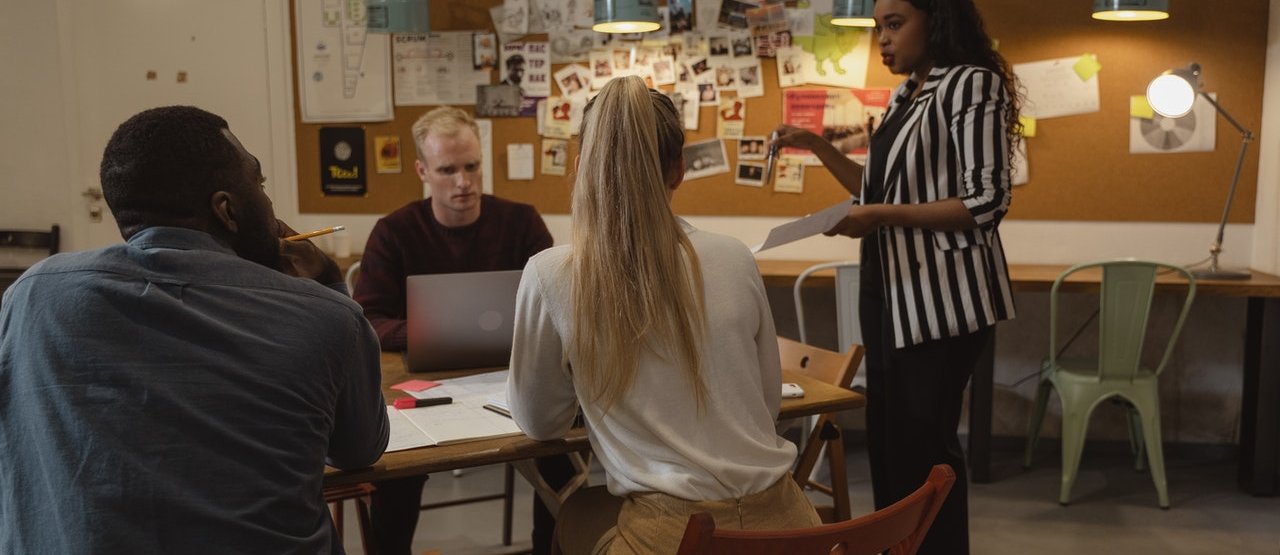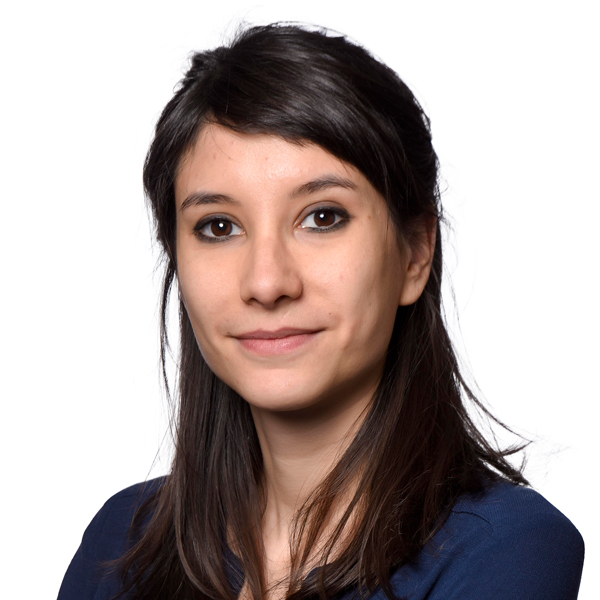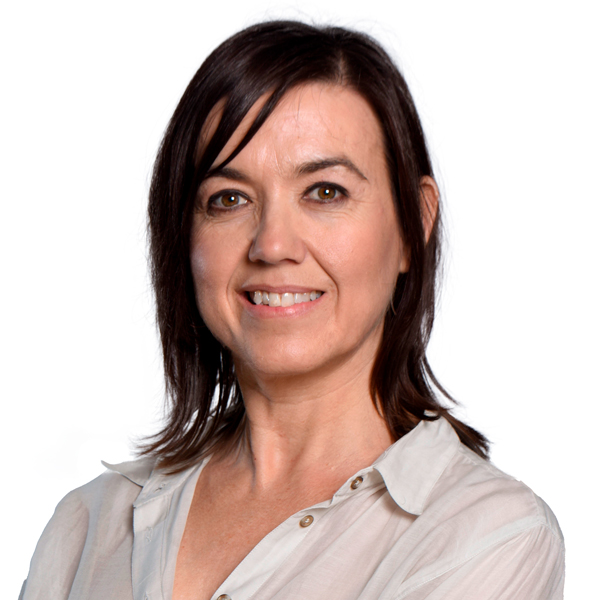The UOC Library is looking at how to implant makerspaces
Subject: Multidisciplinary
Esther Simón attends a meeting on the potential of creative and collaborative areas for libraries.
Have you ever considered what would happen if libraries did not exist? We would be faced with a future invaded by information chaos; not to mention the absence of a place for sharing knowledge and creativity in the community. Because the library is not only a place for loans and consultation, but also a place for shared learning activities. So much so that libraries are beginning to experiment with new strategies to promote them, such as makerspaces. The UOC Library is no exception and is working on formulas that will make these openly creative and collaborative spaces available to students. But what exactly is a makerspace?
From do-it-yourself to libraries
What does somebody moving around the components of their desktop computer have to do with a library? The maker trend was in fact created with do-it-yourself projects, when inventors of this kind started to meet up to learn from each other. These types of workshops (makerspaces) became places to make, create and share and, over time, have been applied to other disciplines, such as art. And libraries? Makerspaces generate knowledge and libraries disseminate it, which makes them a trend with plenty of potential.
3D printers among the books
Makerspaces in libraries have existed for some time, such as the Fayetteville Free Library project in New York, the first to offer its users 3D prints. Regardless of whether the initiative is for musical composition or recording in virtual reality, with the makerspace the library provides the space and the tools to encourage creativity and attract users that would never have used its services.
Makerspaces in Spain
On 23 March, the Makerspaces in public libraries laboratory was held at MediaLab Prado, in Madrid. It was a meeting attended by librarians and experts to discuss the implantation of makerspaces in libraries. On behalf of the UOC, it was attended by Esther Simón, director of Development of Library and Learning Resources.
Esther Simón Riazuelo holds a degree in Industrial and Organizational Psychology from the University of Barcelona (UB). At the UOC she has carried out Teaching Management, responsible for Planning and Process Organization, and Project Coordination and New Initiatives. Since the end of 2016, she has been director of Development of Library and Learning Resources.
Author
Experts
- esimonr@uoc.edu



